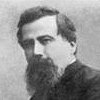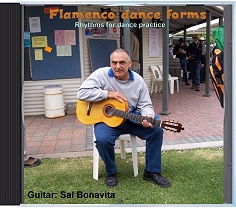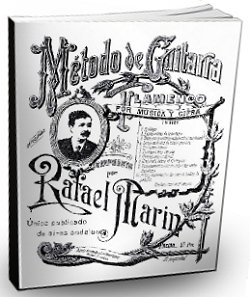|
Amilcare Ponchielli
 (1834– 1886) was an Italian composer, largely of operas. This sounds pretty boring to the kids of today but times were different then . (1834– 1886) was an Italian composer, largely of operas. This sounds pretty boring to the kids of today but times were different then .
If you wanted to be a pop superstar in the 17th century, you needed to study composition at some fancy music school and learn how to write symphonies and operas, the pop music of the day. You also would be wise to find a rich patron to pay your bills for you, preferably Royalty. There were pleny of Kings and Queens in Europe to choose from on those days.
Then you would aim to get yourself a position with a religious institution so you could impress your benefactors with musical works that had religious themes. There'll be no boogie woogie tunes while you are employed by the mother church.
Ponchielli won a scholarship at the age of nine to study music at the Milan Conservatory, writing his first symphony by the time he was ten years old.
His early career was disappointing. Maneuvered out of a professorship at the Milan Conservatory that he had won in a competition, he took small-time jobs in small cities. I can just imagine him shining shoes on a street corner so he could earn enough money to buy his writing quills and ink.
The turning point in his career was the success of his revised version of I promessi sposi in 1872, which brought him a contract with the music publisher G. Ricordi & Co. and the musical establishment at the Milan Conservatory and at La Scala, the famous opera house. The ballet Le due gemelle (1873) confirmed his success. In 1887 he produced his best known opera, La Gioconda.
In 1881, Ponchielli was appointed maestro di cappella of the Bergamo Cathedral, and in the same year he became professor of composition at his old haunt, the Milan Conservatory.
(am I boring you)
Although in his lifetime Ponchielli was eventually very popular and influential, he is mainly remembered today for of his ballet music "The Dance of the Hours" (From The Opera 'La Gioconda') , This tune is known even to the non-musical public from its use in Walt Disney's Fantasia (1940) and a silly song by Allan Sherman called "Hello Muddah, Hello Fadduh" (1963). Other artists also managed to murder this classic melody.
wikipedia
| 


